Manas Maozigendri Ecotourism Society at the fringes of the Manas National Park is an interesting place. It is the place where we came to know how the poachers have become protectors. There must be other examples like this also, because the world is a beautiful place. But Manas Maozigendri Ecotourism society remains special because this is the first time I actually witnessed such a change in people and their lives.
“He had been poaching for 25 years in his heydays. But now he is the protector of the jungles and wildlife”.
Said one pointing to one of the older and experienced men from the group.
He is protecting the wildlife. These are his heydays, was my prompt thought. With tourism gaining momentum all over in the materialistic world, conservation of natural biodiversity is a challenge these days. In such a situation, if the local community takes up the task of protecting and preserving the forest which they once destroyed, it is truly commendable. And that is the story of Manas Maozigendri Ecotourism Society (MMES).

What is the story behind Manas Maozigendri Ecotourism Society?
The Manas National Park is an important green zone of Assam and is one of the richest biodiversity hotspots in the country. The national park was declared a UNESCO World Heritage Site in December 1985. The dark period started with the Bodoland movement. As the guns began to roar among the Bodo rebels and the state governments, Manas National Park faced the greed of some unscrupulous persons. There was rampant felling of trees and poaching in the forest by these people who got free access to the park because of the lawlessness of the situation. Some of these poachers even made sporadic attacks on the forest offices also. There came a time where the forest was no longer guarded by forest officials and poachers had a free hand. The protection camps were all empty.
Most of the poachers were the villagers from the nearby villages and they resorted to such activities only for sustenance. There was a person who had lost his hand due to the attack of a wild boar. He had started poaching since the age of 14 years! Having a normal living and getting a proper job was difficult in the time of unrest. So most of these villagers resorted to poaching and felling. Of course, there were masterminds behind all this who wanted to make the maximum money from the disturbed times. They used to get local handmade guns from these unscrupulous agents and resorted to this dangerous life of poaching. An elephant tusk would fetch about Rs.3000/- per kilo. Rhino horns were even costlier. Living is always difficult at the time of disturbances! The situation got so critical that UNESCO declared the World Heritage Site to be in danger.

It was during this time, a small group of Bodo youths realized the importance of forests and wildlife. This group from Chapaguri Koklabari Anchalik Committee in the Koklabari area started their crusade for protecting and preserving Manas. They also raised an alarm and called for the Bodo leadership to take action.
These youths started in a small way by conducting motivation campaigns in the areas where poaching and felling of trees were rampant. They advised the villagers to refrain from these activities which would ultimately harm them in the future. The task was not at all an easy one. Initially, they faced resistance from the villagers. But gradually they were able to educate the villagers about the importance of forest and wildlife.
The trees are their friends. If there is no Manas, there would be no Bodoland.
The youths also put forward the proposal of protection of the Manas to the Bodo leadership to further table the demand to the government. Establishing Manas as an international tourist destination was also a major goal then. So in 2003 when the Bodo Accord for creating the Bodoland Territorial Areas Districts was finally signed, the issue of preserving the Manas National Park and promoting it as a tourist destination was also met. From here started the change in the attitude of the Bodos, at large – from terror to tourism.
The Manas Maozigendri Ecotourism Society (MMES) was founded in December 2003 with the objective for sustainable conservation of the Manas National Park along with the promotion of ecotourism, peace and community development.
The MMES started with whatever little resources they had. They started awareness campaigns denouncing poaching and felling of trees. They also went to the families of the poachers and explained them the ills of poaching. Very soon, a number of poachers surrendered their weapons and joined the team to preserve the forest. With their help, MMES conducted surveys in the forests to identify the danger areas and then patrolling was started again with the help of the volunteers.
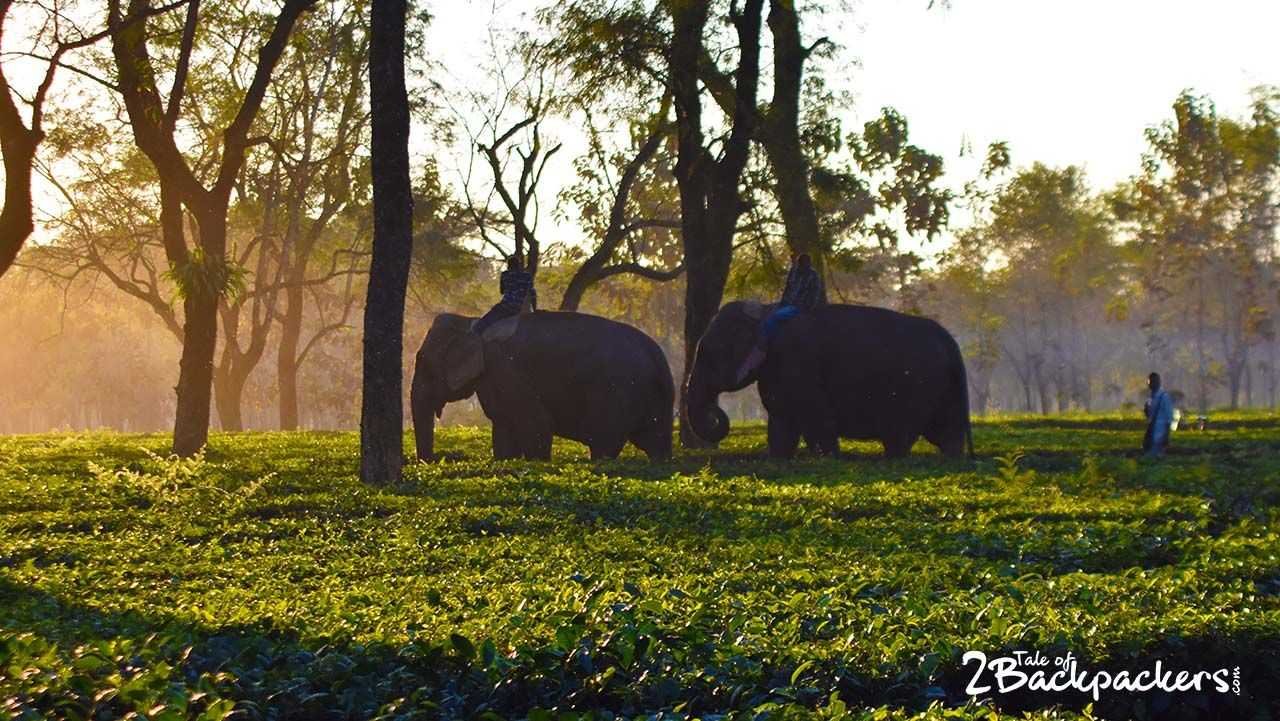
Manas Maozigendri Ecotourism Society – the present
MMES is now responsible for about 250 sq km of land and the employer of previous loggers and poachers. Now they run anti-poaching and anti-logging campaigns jointly with the forest officials. And their rationale was also quite simple. These people knew the forest in and out. Since they themselves were poachers before, they knew about their camps and their way of working. They were thus the best persons to preserve the jungles! And till date, no one has returned to their old profession.
MMES had faced a financial crunch in the initial days. There were times when no remuneration was paid to the guards, only their rations were taken care of. Yet these people stayed on. Now they see the forest as their own. They have got a job and with that a social security. What can be better than this? MMES pays remuneration of Rs.5000/- to their guards. Now when the locals get to know of any miscreants in the forest, they themselves inform the forest guards. Gradually since its inception, many poachers gave up their arms and joined the crusade for the conservation of Manas.
And the activities of MMES have increased manifold. There are almost 11 protection camps that are patrolled by the forest guards. A network of roads was also built by MMES with the help of the local people. They still hold awareness campaigns to educate the villagers about conserving the biodiversity of Manas National Park. They also educate their children so that the next generation does not fall into the trap of unemployment. Nowadays, it so happens that elephants often come near the villages and destroy the houses and crops. MMES helps the villagers in the reconstruction of their houses.

Ecotourism at Manas Maozigendri Ecotourism Society
Manas Maozigendri Ecotourism Society has shown how ecotourism can improve the life of the people. Accommodation options include cottages, log huts and tents. Camps can be pitched there also. They arrange for jeep activities, trekking with community guards and also full moon night safari. Bird watching tours are also arranged. They also organize cultural activities like village trails and display of Bodo culture. The Manas Maozigendri camps are a great place to stay.
MMES’ cherished dream of hosting international tourists has now been achieved and they are doing great work. Much of the funds of MMES come from tourism as well. The Manas Maozigendri Ecotourism Society have been recognized with many awards like Anirudh Bhargava INTACH Environment Award, 2005, Amrita Devi Bishnoi Wildlife Protection Award, 2006. It is also now an associate of Manas Tiger Project.
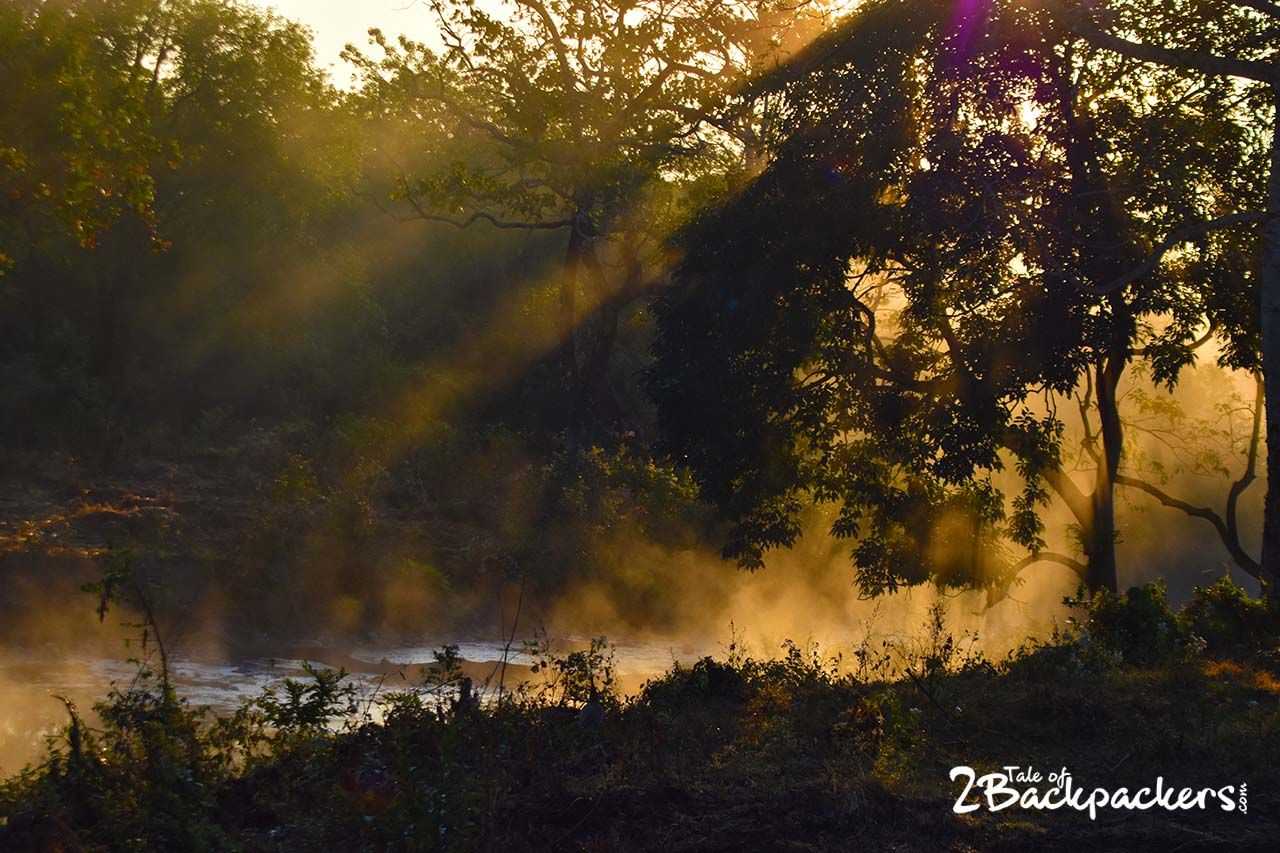
How to reach Manas Maozigendri Ecotourism Society
The address: Khamardwisa Lwkhibazar, Baksa (Bodoland), Assam, India.
The nearest airport is Guwahati. Manas Maozigendri Jungle Camp is located in the Bhuyanpara Range of eastern Manas near the Kaklabari Central seed Farm. The camp is 176 km from Guwahati and takes around 2.5 hours by road. The nearest railhead is at Barpeta Road, 20 km away.
It was really an overwhelming experience to meet these people. As I said before, one had killed 25 elephants in his lifetime and now he protects them with all his might. We met another forest guard who had lost one of his hand at the attack of wild boar while poaching. But he too had left his initial days and is now a dedicated member if MMES. So next time when you are in Assam, take some time to visit this place. We are quite sure that you will return with some cherished moments. And your stay there will also help the society to a large extent. And of course, at a time when wildlife in certain parts of India is at the mercy of “so-called royals” and state government, initiatives like this needs much promotion and advocacy.
We visited MMES as a part of the team of Ambassadors of Bodoland during the Dwijing Festival 2018-19.
What do you think about the place? Share your views in the comments below. You can also pin the post for a later read!



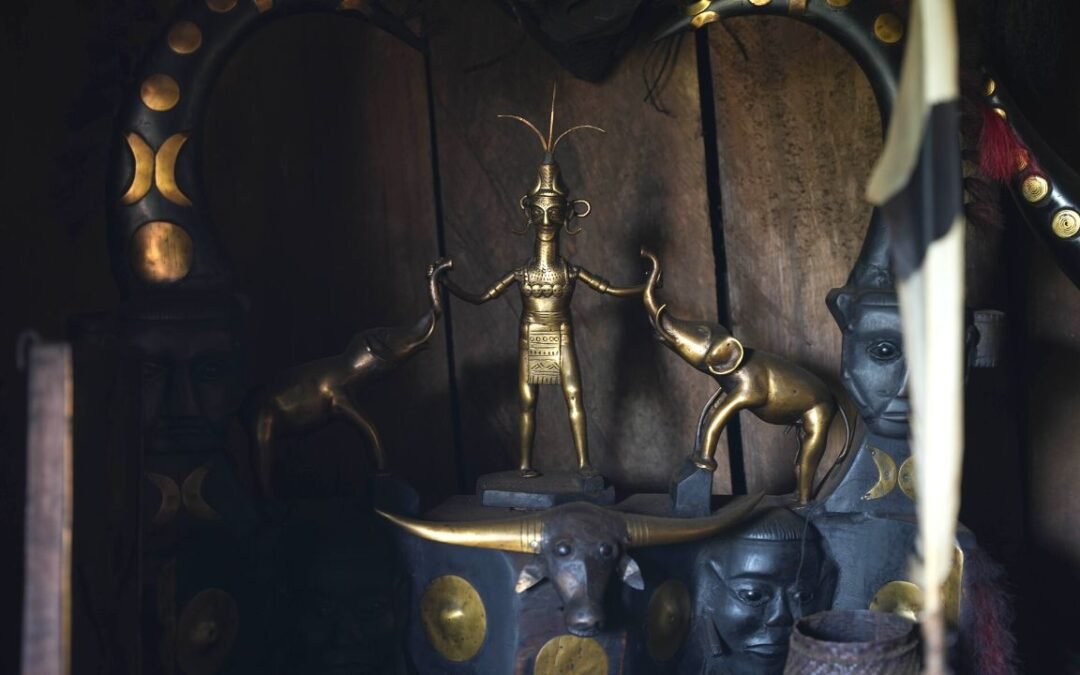
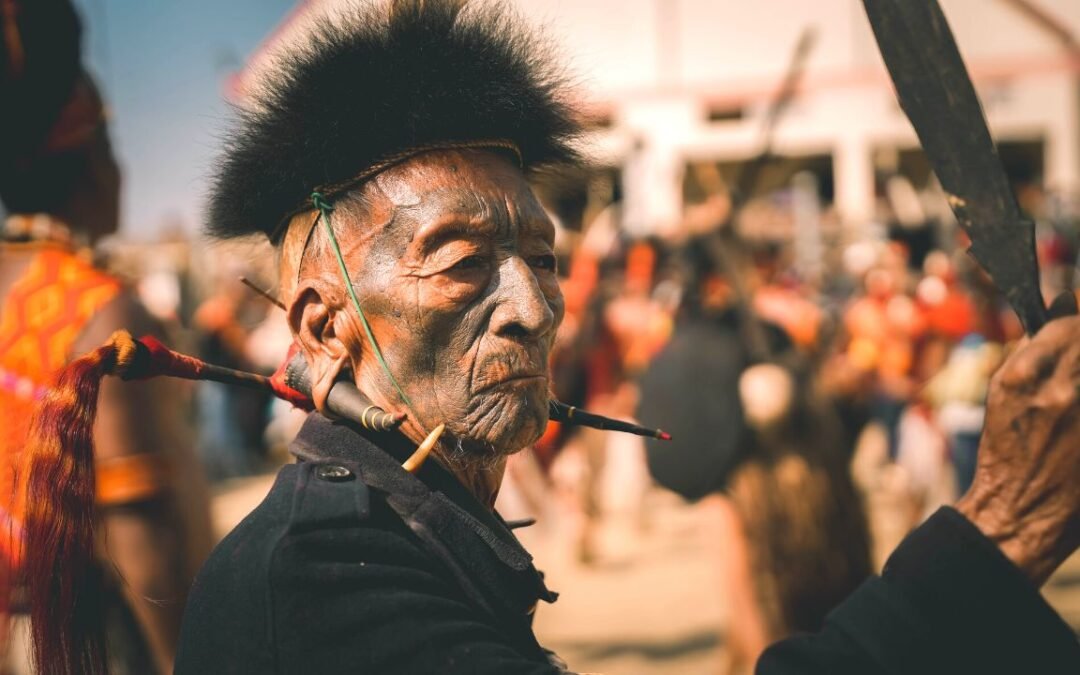
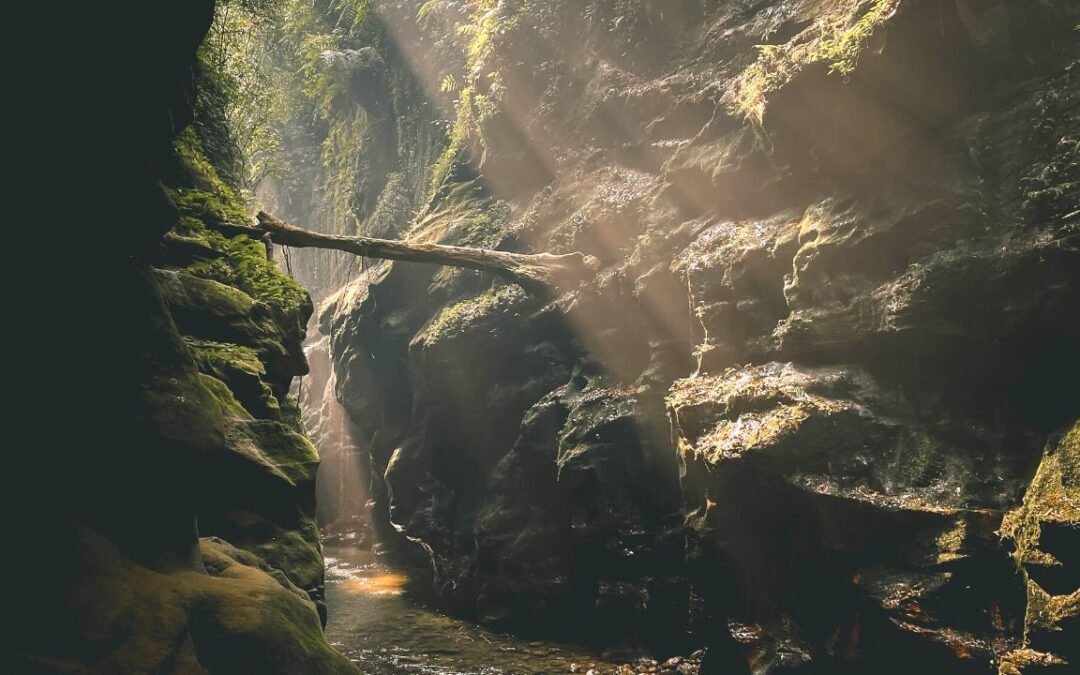
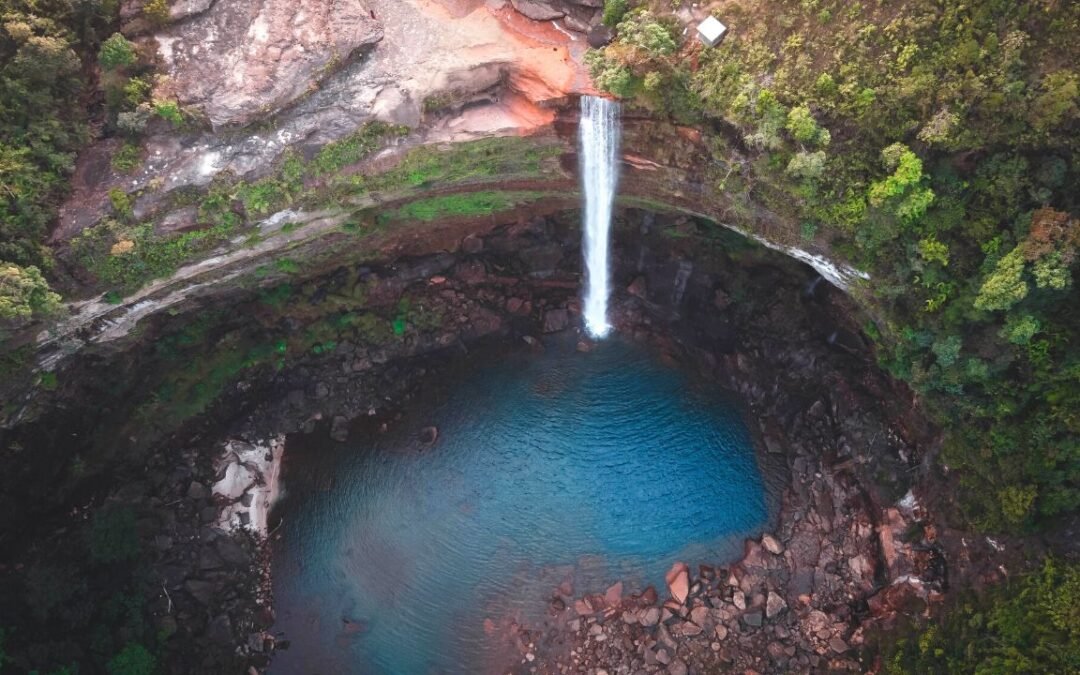
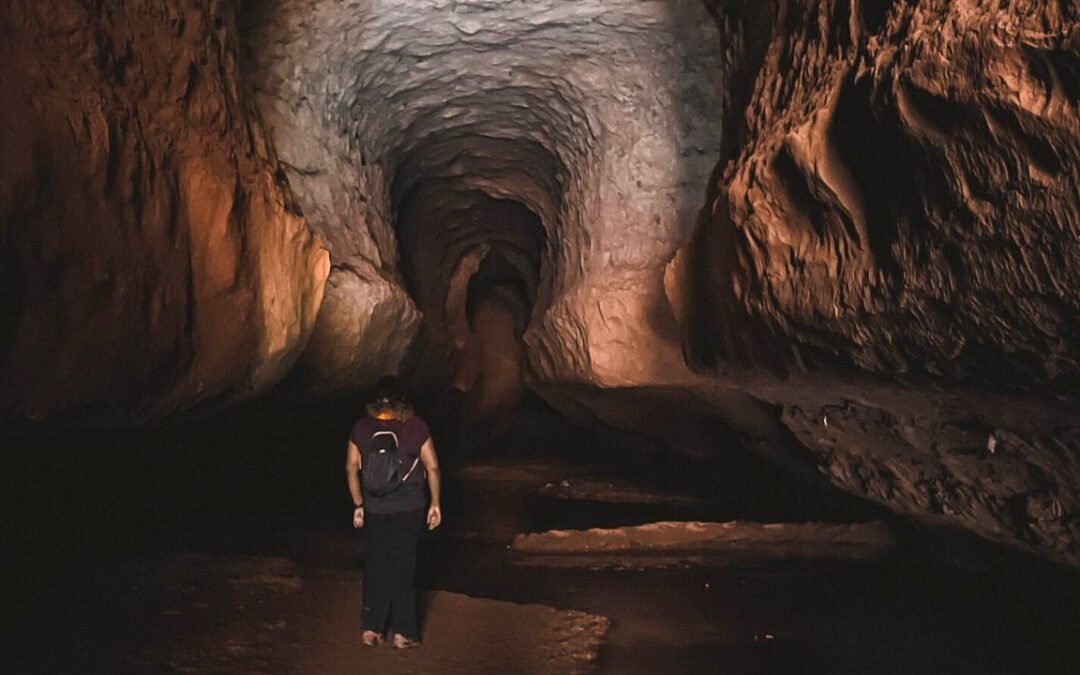
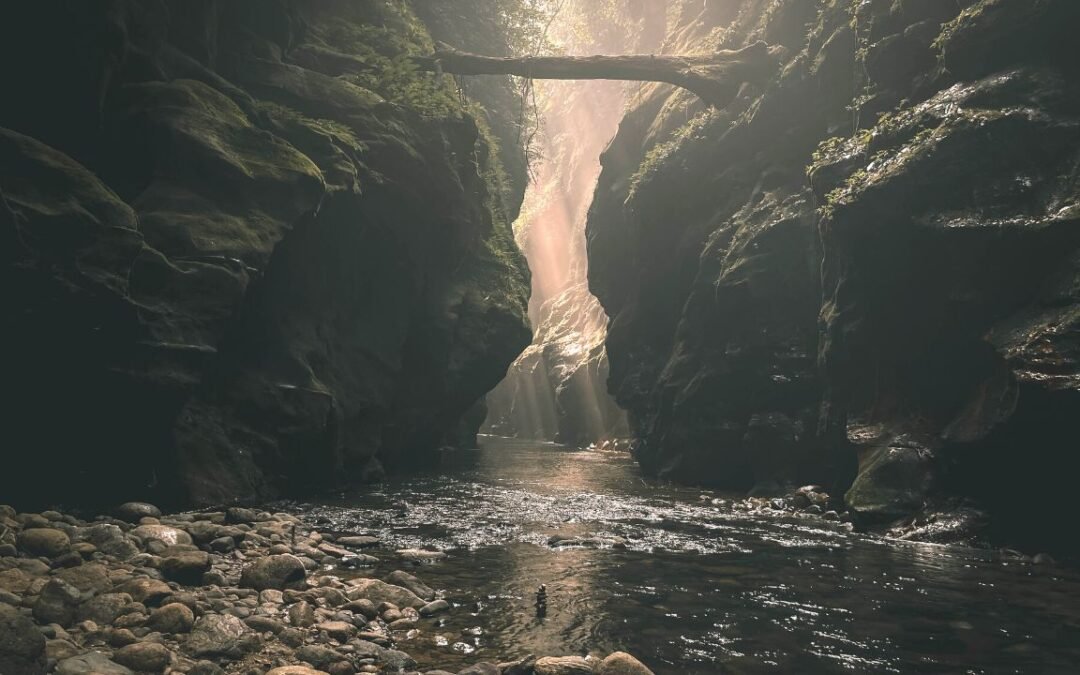
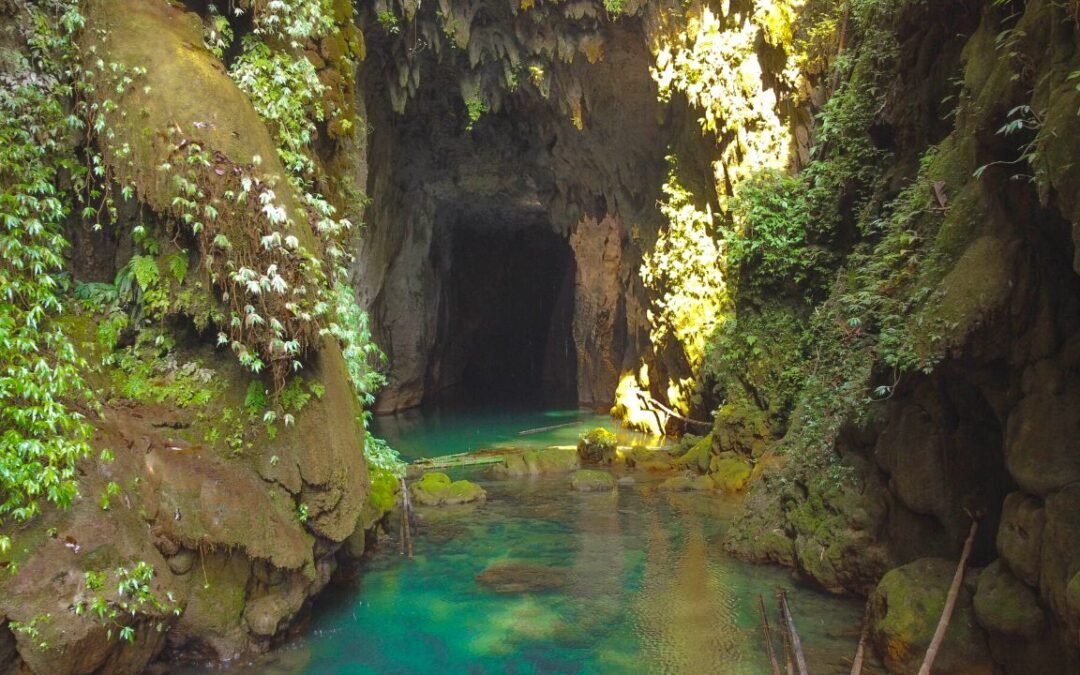
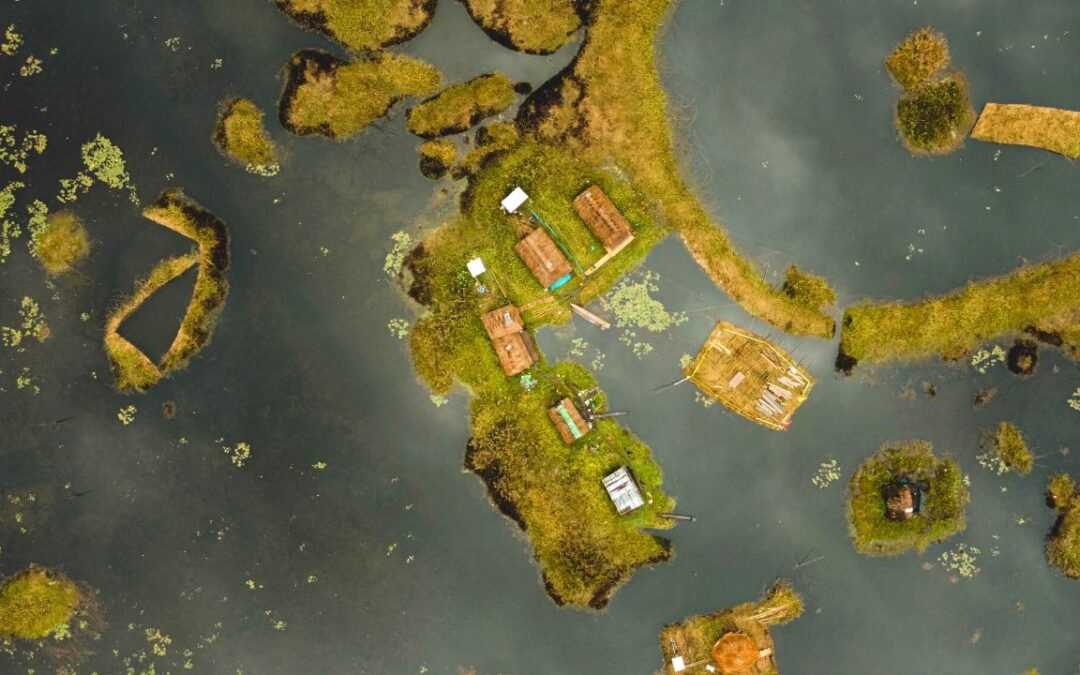
Such great write up. Especially the initiative they have taken is just awesome. 🙂
Thank you, Pamela!
From offenders to defenders… What a transformation. May their tribe flourish.
We hope for the same too!
Such interesting fact that you have shared. Especially I am glad that I was a member of that trip, the motivational set up between poachers to protector… mindset are changing … 🙂
Such an inspiring story, so worthy to be shared! And a great change / internal journey of these people. I would love to do the full moon safari! Thanks for sharing this post!
It was very interesting reading about ecotourism at Manas National Park in India. I am always encouraged to learn that poachers are leaving the dark side to come into the light where we help and preserve nature–not slaughter it.
what an interesting read! We need more tour companies making a difference to help preserve what is disappearing. Thanks for sharing!
What a fascinating blog. It is totally understandable that these people killed animals to feed themselves and their families. However, I love how things have turned around and they are super protective of these lands. I love ecotourism so I am very grateful for people like this.
wow, this is such an incredible story, just goes to show that people can really change and make a difference in the world! Thank you for sharing this!
What a wonderful story of the poachers ending up being the ones to protect and preserve the area. It sounds like Manas Maozigendri has a well thought out Ecotourism program too.
This is such a beautiful post!! I love that they turned from killing to protecting these wonderful creatures. It’s hard for us in the west to understand the reasons behind it, but I’m so glad they changed and these places exist!
It is good to learn that a group of youths decided to take things in their hands and save their forest and wildlife to preserve the environment. It is sad that a lot of people who get into poaching is usually because of either their need for money or a bad experience with a wild animal at a tender age that leads them to believe they should eliminate them from our food chain altogether. Manas Maozigendri Ecotourism Society seems to be doing a good job, kudos to them!
It is so lovely to hear about this ecotourism society. They surely have taken some great strides!
Thank you for bringing this inspiring story to us!
Just relieved my time at Manas National Park from last year. It’s amazing how the poachers turned into protectors. The community is doing a great job in protecting the flora and fauna.
I love that the youth advocated for the environment and in turn there was such a great response. The society is doing remarkable work – I mean they are reconstructing homes destroyed by animals they once hunted essentially! How beautiful is that!!
Its really inspirational the way the conservation and protection of wild animals has been taken up here. The society did an amazing job. It’s so important to conserve the wildlife and natural ecosystem surrounding them as of now. These people are setting an example for rest of the world.
Yes, we were really inspired to MMES working at the Manas National Park.
“From Poachers to Protectors”, guess, that sums it all. Indeed a miraculous transformation for the good. Manas Maozigendri Ecotourism Society is indeed a trailblazer and an example for the world to emulate. Hope to see such dramatic transformations in many parts of the world too.
We hope that too!
Very inspiring that they are now protecting the animals/nature. As it should have been since the beginning. Keep up the good work!
Thank you!
World should know the dedication of those expoachers and inspire them by visiting their place, MANAS.
Yes, that is true. We thought writing about them is a step towards that goal.
Your story remind me my days at Manas . All those whom I meet on those days… their face and the activities are project on my mind.. I think you heard that one story of their member killed by elephant , that’s story’s I am the eyewitness .
Oh! It is such a pleasure to hear from you. Manas is a wonderful place and we spent a great time there and heard quite a number of stories about the place. And that story as well! Once again, thanks for reading our blog. Please keep reading.
A wonderful place. Worth visiting the place.
It is indeed a wonderful place. Thank you for your comment.